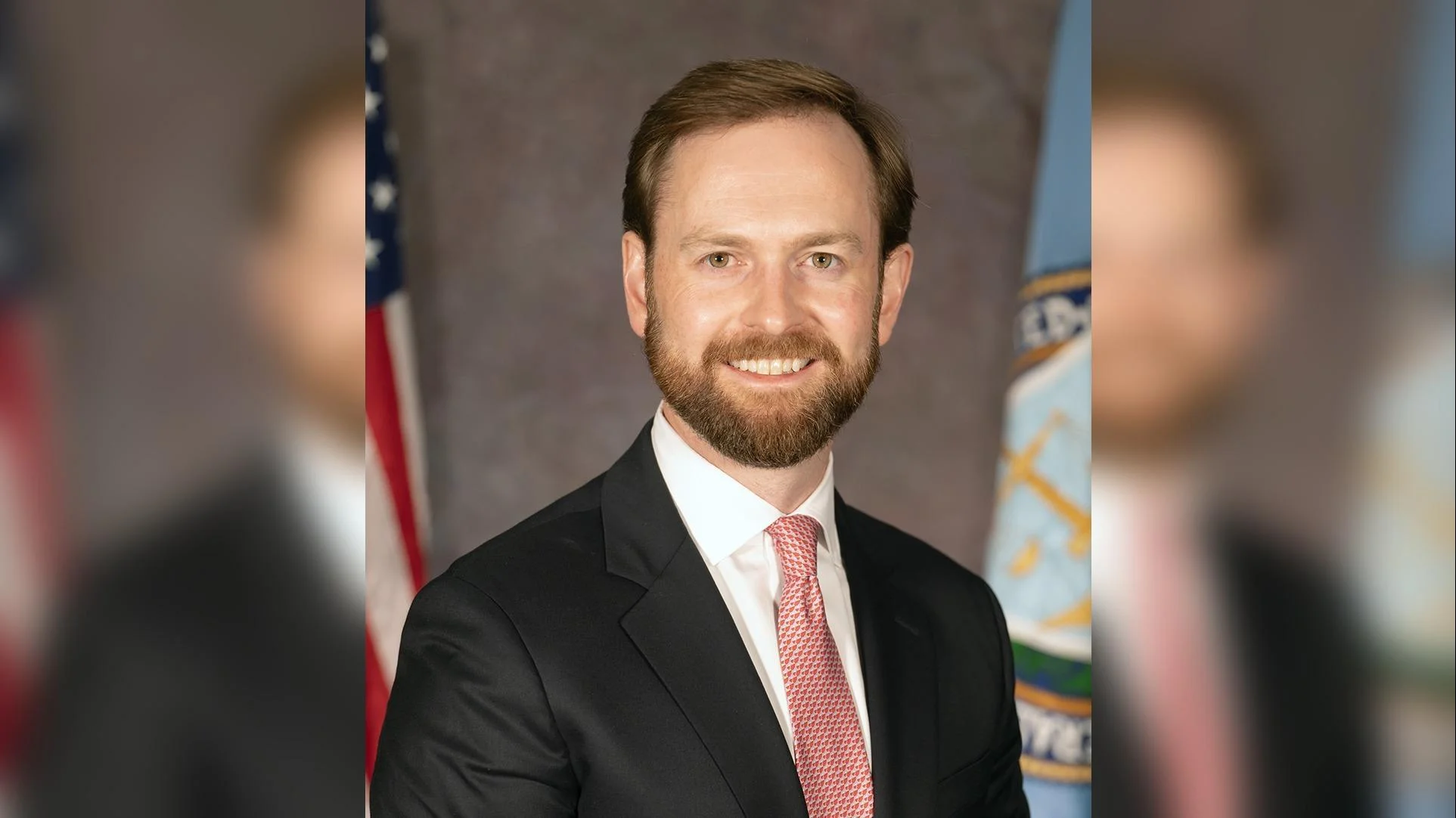The Federal Trade Commission (FTC) has taken measures to address antitrust concerns related to Omnicom Group Inc.'s planned $13.5 billion acquisition of The Interpublic Group of Companies, Inc. (IPG). This decision aims to prevent potential anticompetitive coordination in the global advertising sector.
The FTC has accepted a proposed consent order designed to prevent Omnicom from engaging in activities that could lead to collusion or coordination aimed at directing advertising away from media publishers based on political or ideological perspectives. This action is significant as Omnicom and IPG are among the largest media buying advertising agencies in the United States, and their merger would create the world's largest such agency.
Daniel Guarnera, Director of the FTC’s Bureau of Competition, emphasized the importance of this measure by stating, “Websites and other publications that rely on advertising are critical to the flow of our nation’s commerce and communication.” He added that coordination among advertising agencies could distort competition and public discourse by suppressing ad spending on certain viewpoints.
The proposed consent order addresses an FTC complaint which suggests that Omnicom's acquisition might consolidate the U.S. media buying services market further. Such consolidation could increase the risk of coordinated actions among remaining advertising agencies, potentially reducing competition.
The FTC's complaint also indicates past instances where advertising agencies have coordinated decisions not to advertise on specific platforms through industry associations. This kind of coordination can diminish ad revenues for certain media publishers, limiting their ability to offer content or invest in their platforms.
Key provisions within the proposed consent order include restrictions preventing Omnicom from denying ad dollars based on political or ideological viewpoints unless explicitly directed by its advertiser clients.
The FTC's vote on issuing this complaint and accepting the consent agreement was 2-0-1, with Commissioner Mark R. Meador recused from voting. Chairman Andrew N. Ferguson issued a statement regarding this decision.
Public comments on this proposed consent agreement package will be accepted for 30 days as per instructions available on Regulations.gov.
In its role, the Federal Trade Commission strives to promote competition while protecting and educating consumers about market practices and consumer rights.





